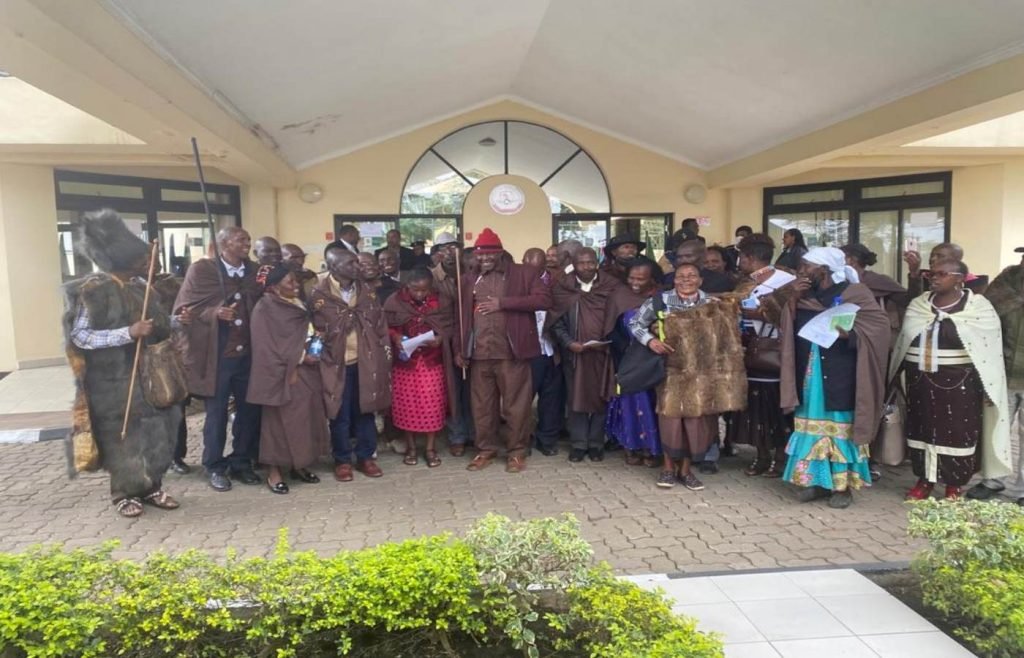Story at a glance…
-
An African human rights court ruled in favor of the Ogiek people of Kenya against the Kenyan government in a 13-year legal battle.
-
They lived in the Mau Forest, but citing threats to wildlife, water catchments, and deforestation, the Kenyan government tried to forcibly evict them.
-
Now, the same court has also ruled that Kenya shall pay more than $1 million in reparations for this attempt, effectively winning the legal battle.
Kenya’s government has been ordered by a human rights tribunal to make reparations to an indigenous, forest-dwelling people who they tried to evict from their lands, marking a huge win for indigenous rights on a continent where wins are few and normally far between.
Within the depths of the largest intact forest in Kenya, a people called the Ogiek have lived for “time immemorial” say some. Traditionally hunter-gatherers and still dependent on the resources of the Mau Forest, most are primarily involved in agriculture and or pastoralism.
These traditional people have been forced in self-defense to enter into a 13-year legal conflict with the Kenyan government, which has engaged in several varied attempts to oust the community entirely from their ancestral lands through eviction notices, physical attacks, forced evictions, and home demolishing.
Now, following up on an early victory in 2017, the African Court of Human and Peoples’ Rights gave its judgment on the question of reparations in favor of the Ogiek last week, potentially marking the end of the lawfare.
“This is a moment to celebrate with the Ogiek community who have won hard miles through resilience, integrity and vision,’ says Agnes Kabajuni, Africa Regional Manager at Minority Rights Group, who helped represent the Ogiek.
“But as the celebrations die down, it is crucial that international support is galvanized to assist and ensure that the Kenyan government implements this judgment to the letter. This would equip the best custodians of nature to protect our most valuable asset”.
A long hard road
Since British colonial rule, the Ogiek have been a target of forced evictions, and still today, the Kenyan government argued in court that the measures are necessary to protect the Mau Forest, which acts as an important water catchment area. Out from its depths wind important feeder rivers for the Mara, and other major rivers in the Lake Victoria water system.
Barack Obama had just been elected when the Ogiek, helped along with human and indigenous rights organizations on the continent, petitioned the African Commission on Human and Peoples’ Rights to intervene on their behalf after Kenya issued a 30-day eviction notice.
That marked the beginning of a legal battle that would last for 8 years, before, in 2017, the African Court of Human and Peoples’ Rights found that the Kenyan government had violated seven articles of the African Charter on Humans and Peoples’ Rights by repeatedly evicting the Ogiek from their ancestral lands.
However, in a hiccup, the court said it would rule on the issue of monetary reparations on a separate date.
“That heralded judgment, a first of its kind for the continent, should have yielded significant change,” says MRG in a statement. “But rather than implementing it, the Kenyan government took a series of actions that put the community into further jeopardy”.
Last Thursday however, the court finally delivered the reparations judgment.
If you think the stories you’ve just read were worth a few dollars, consider donating here to our modest $500-a-year administration costs.




